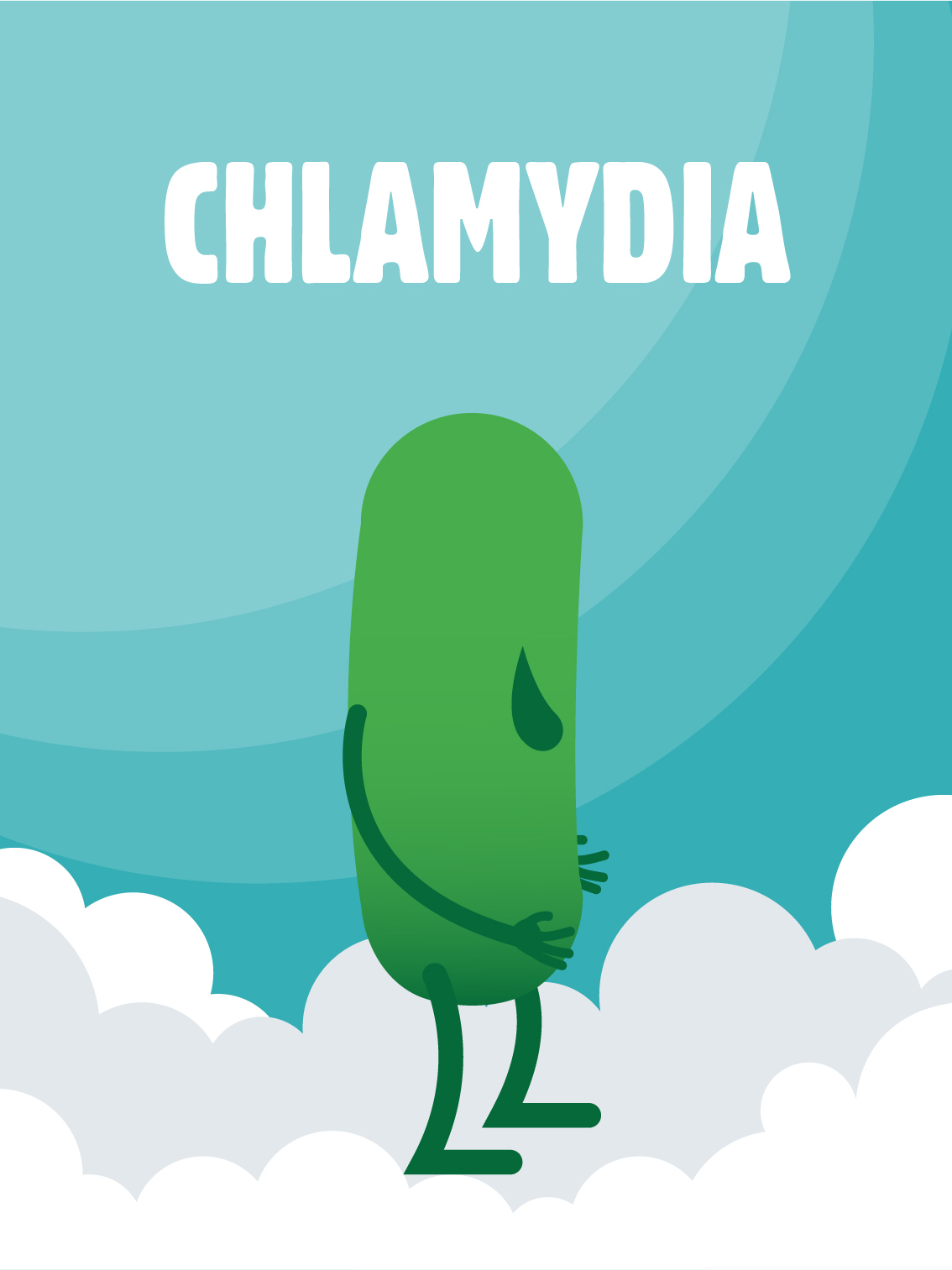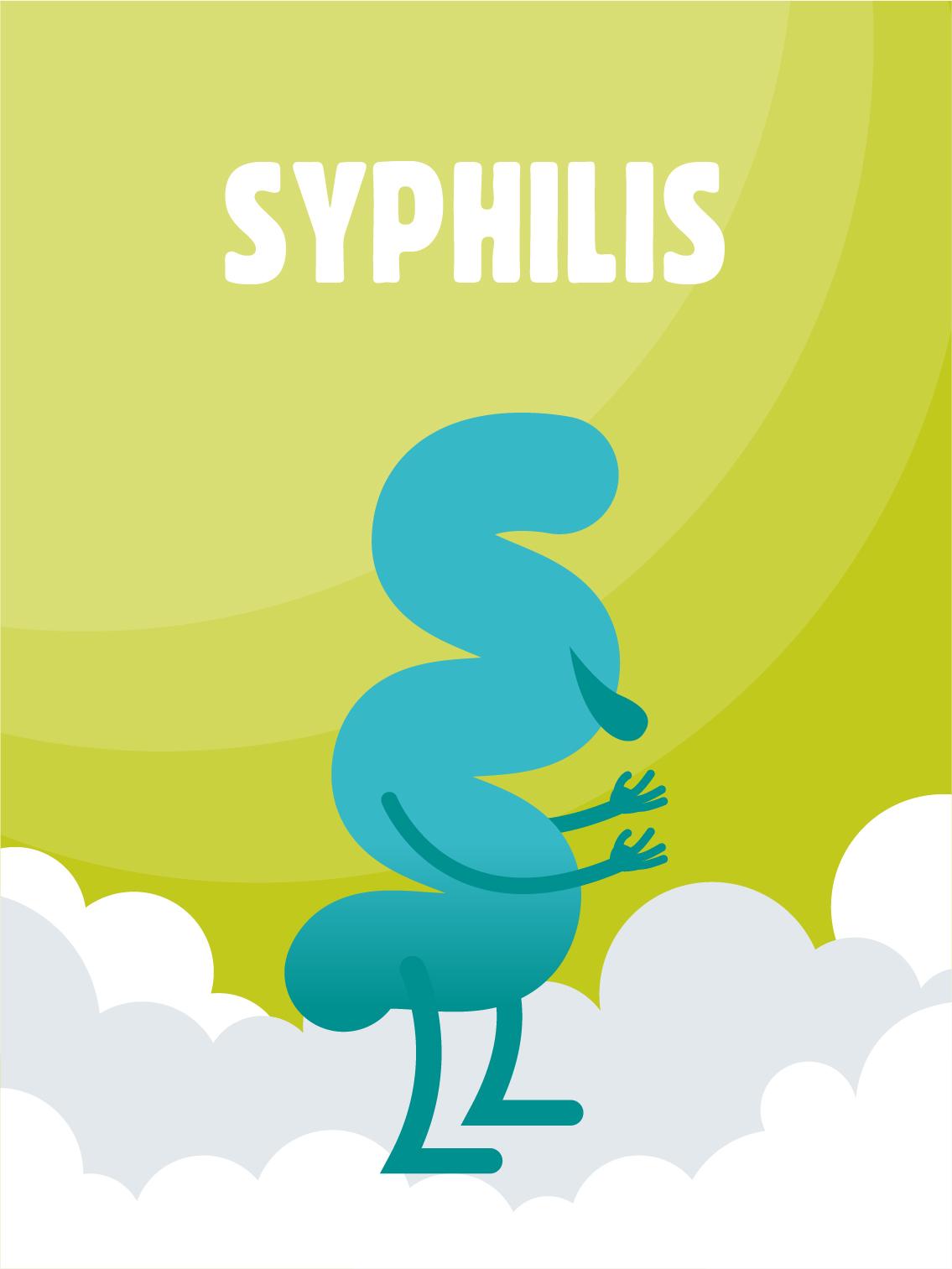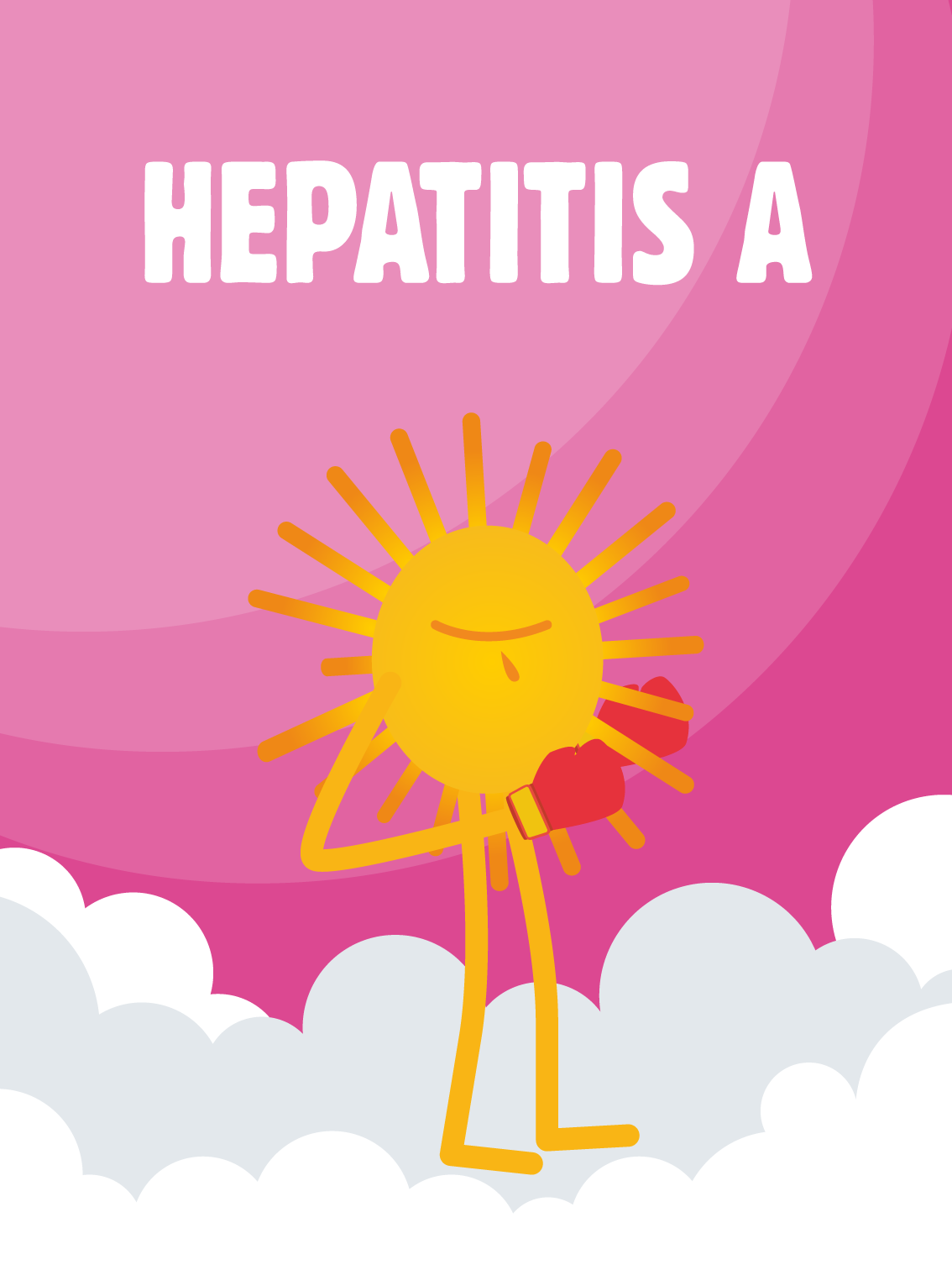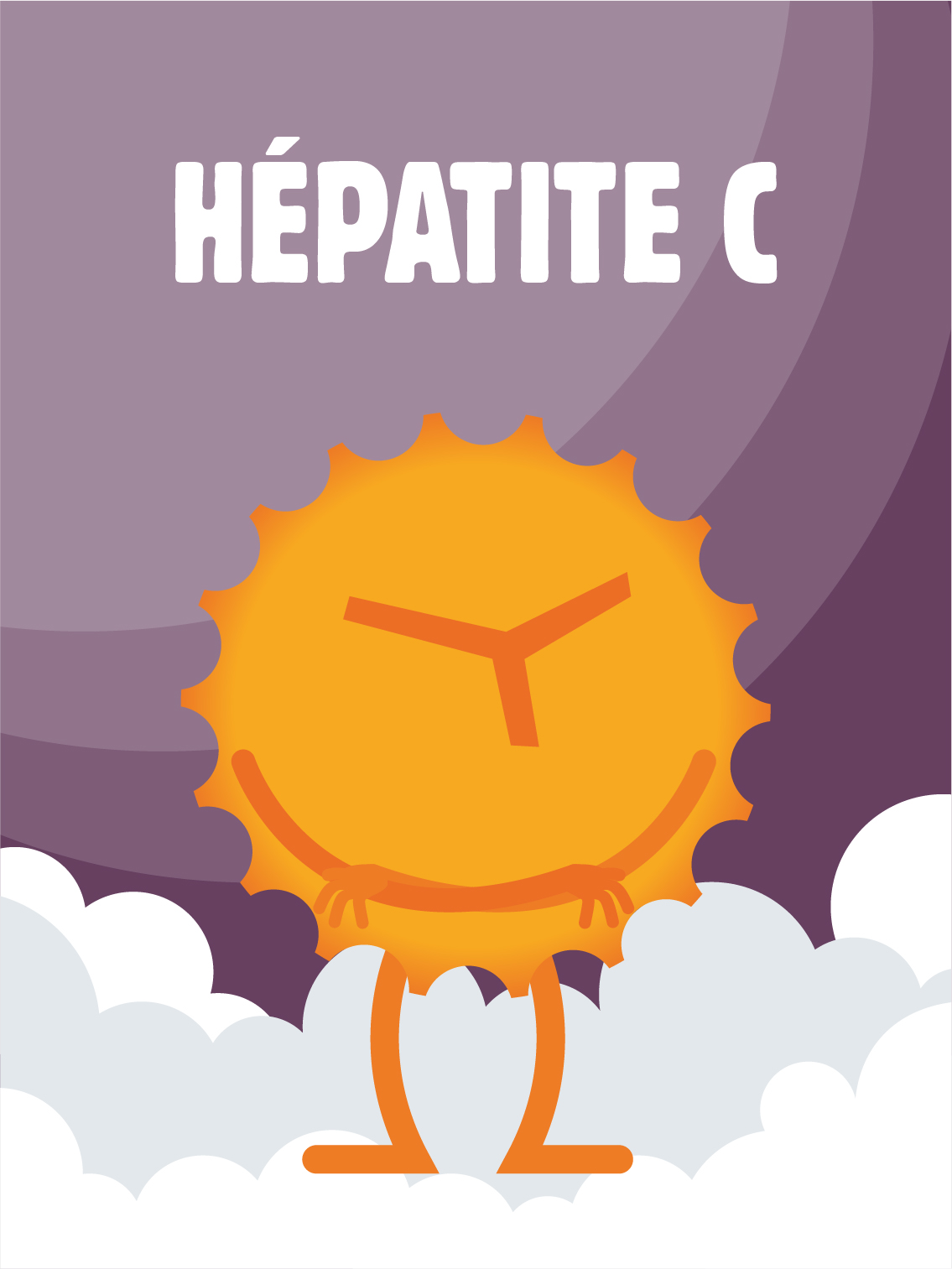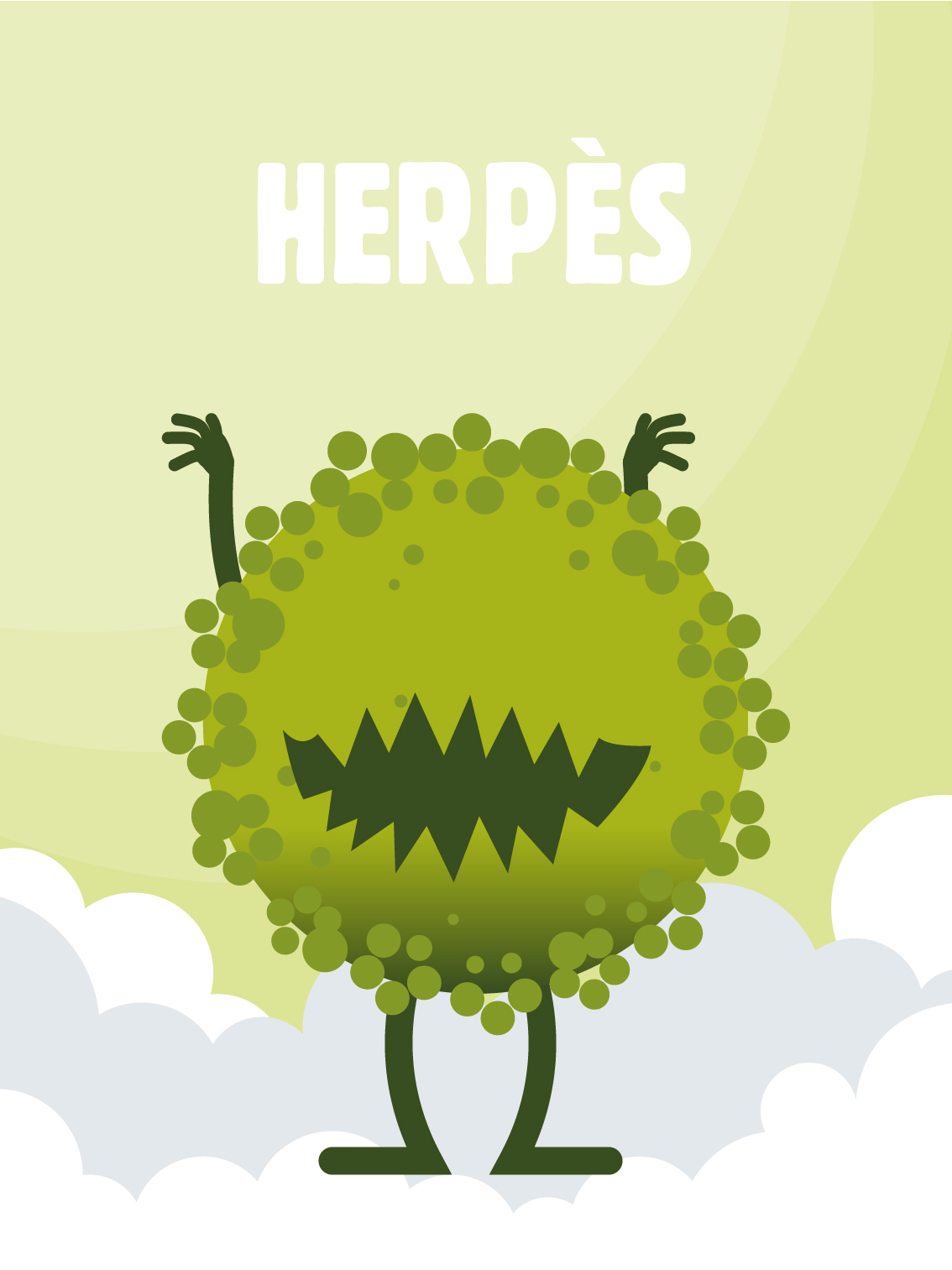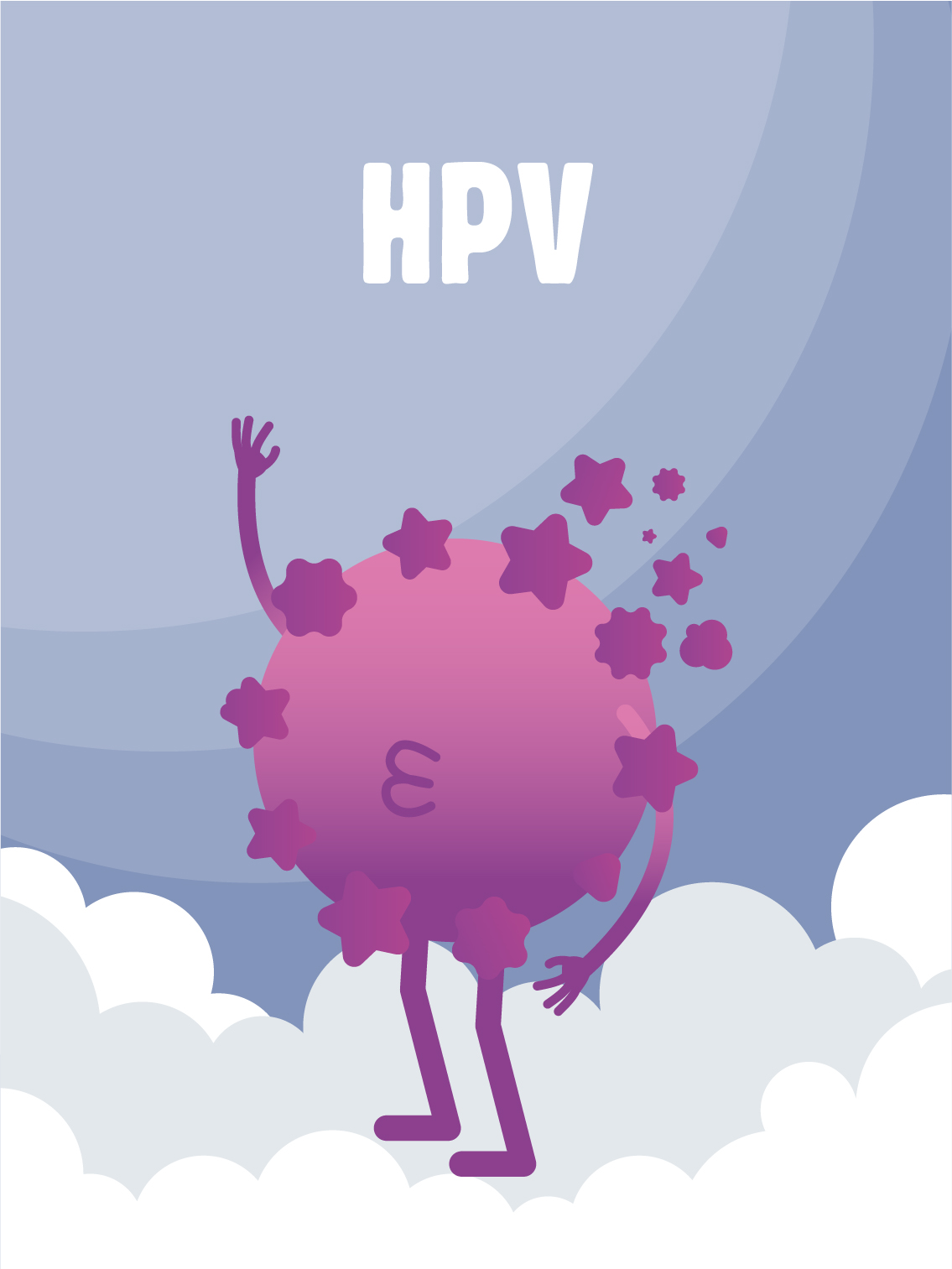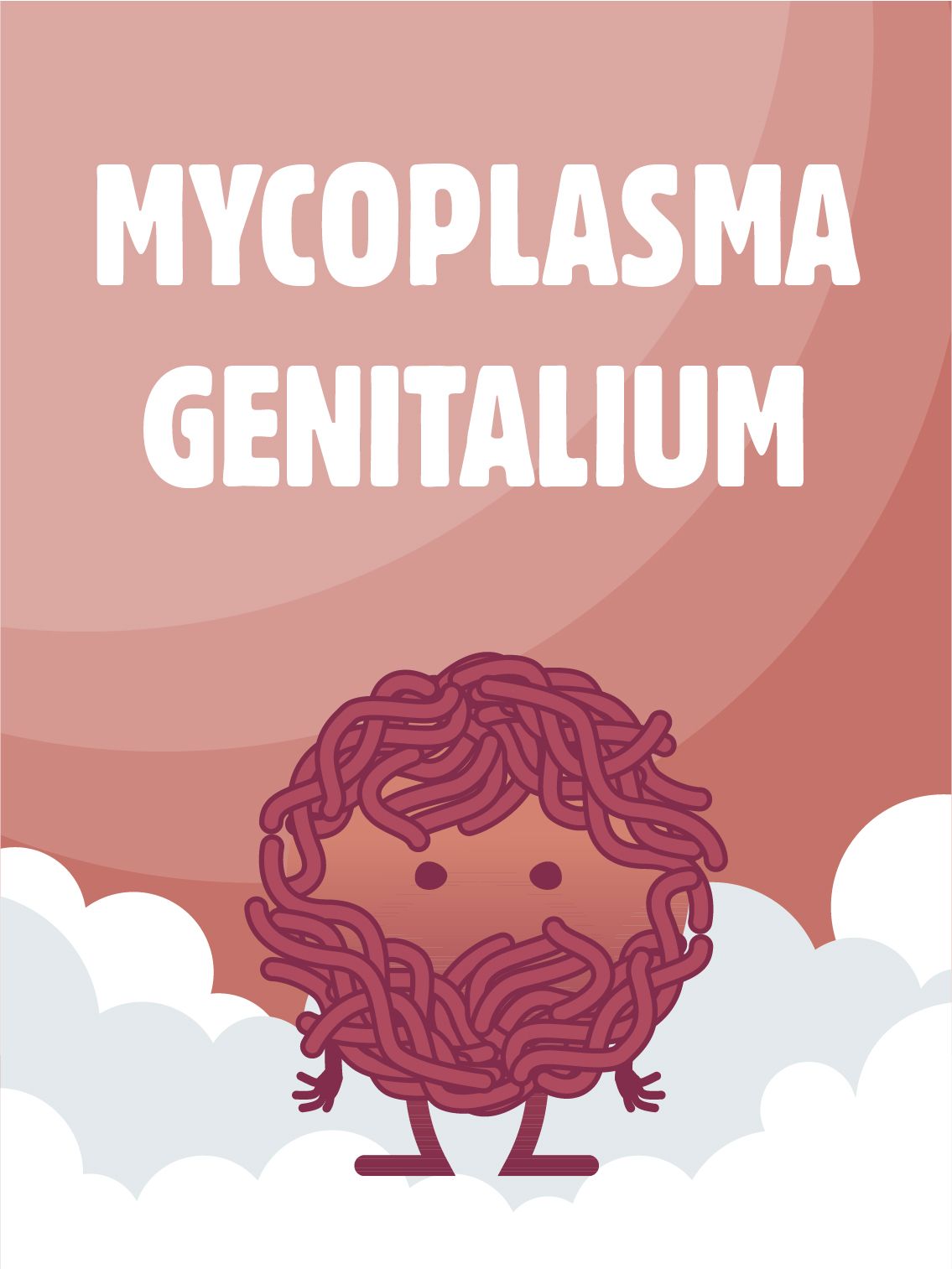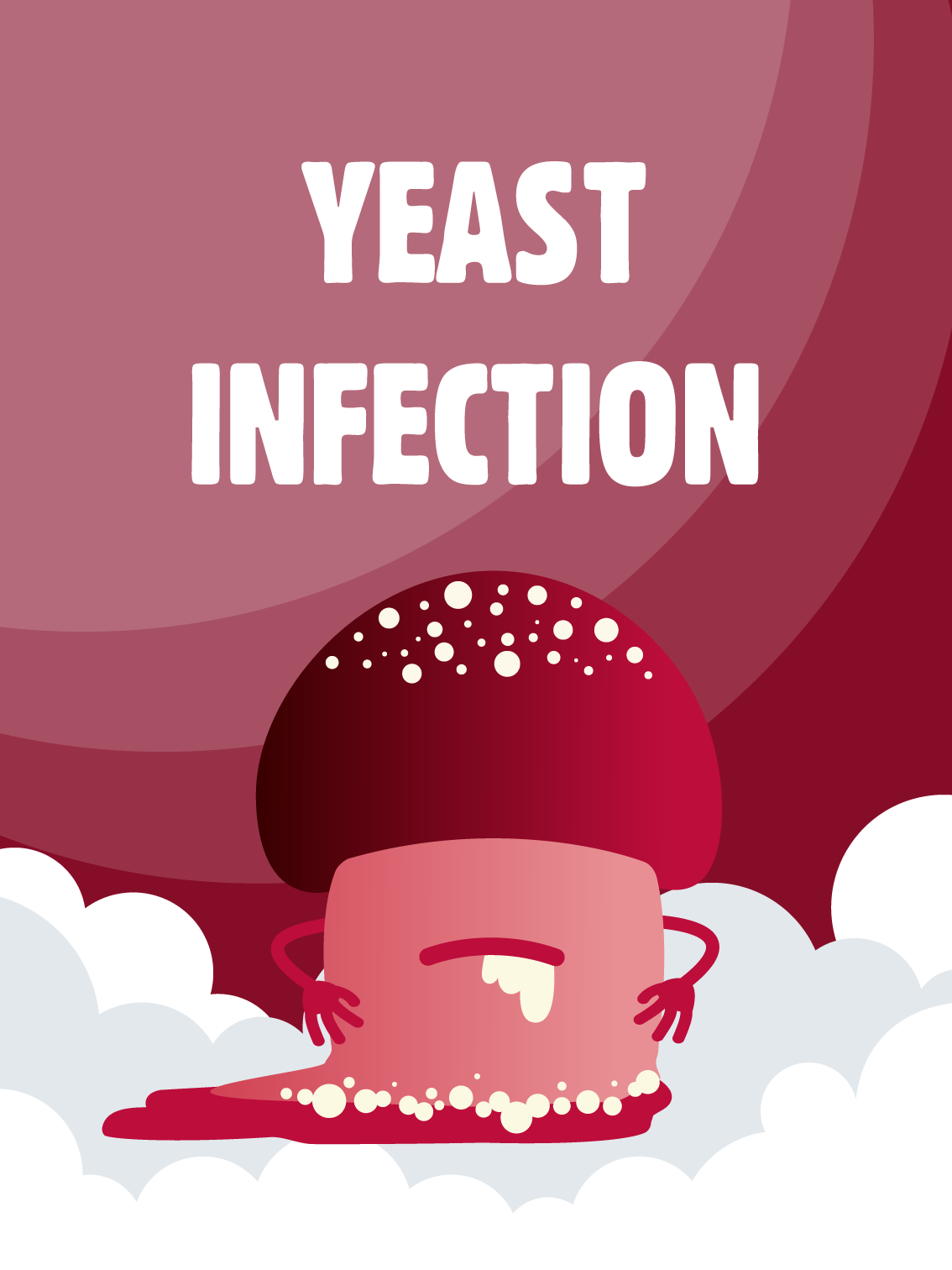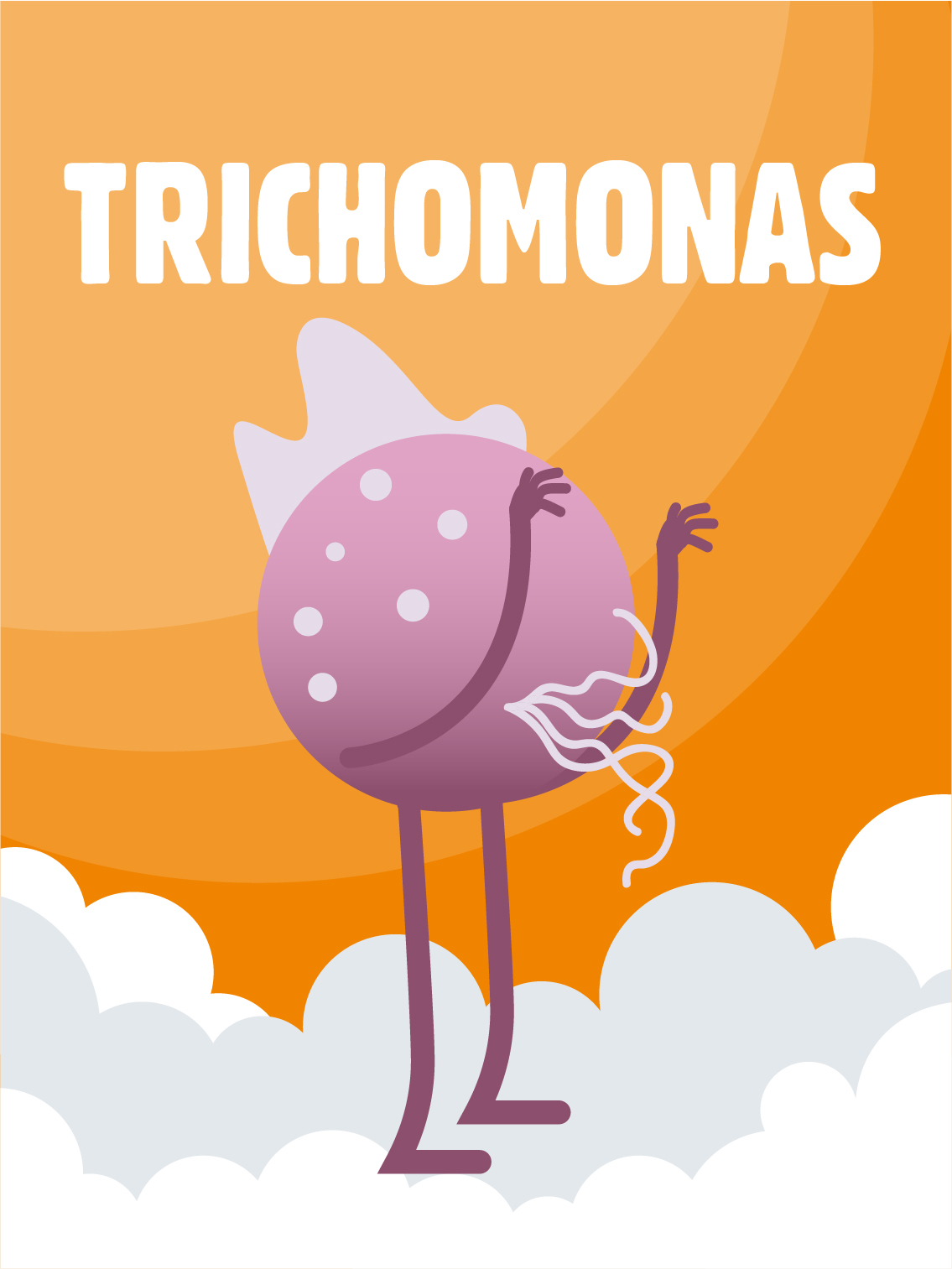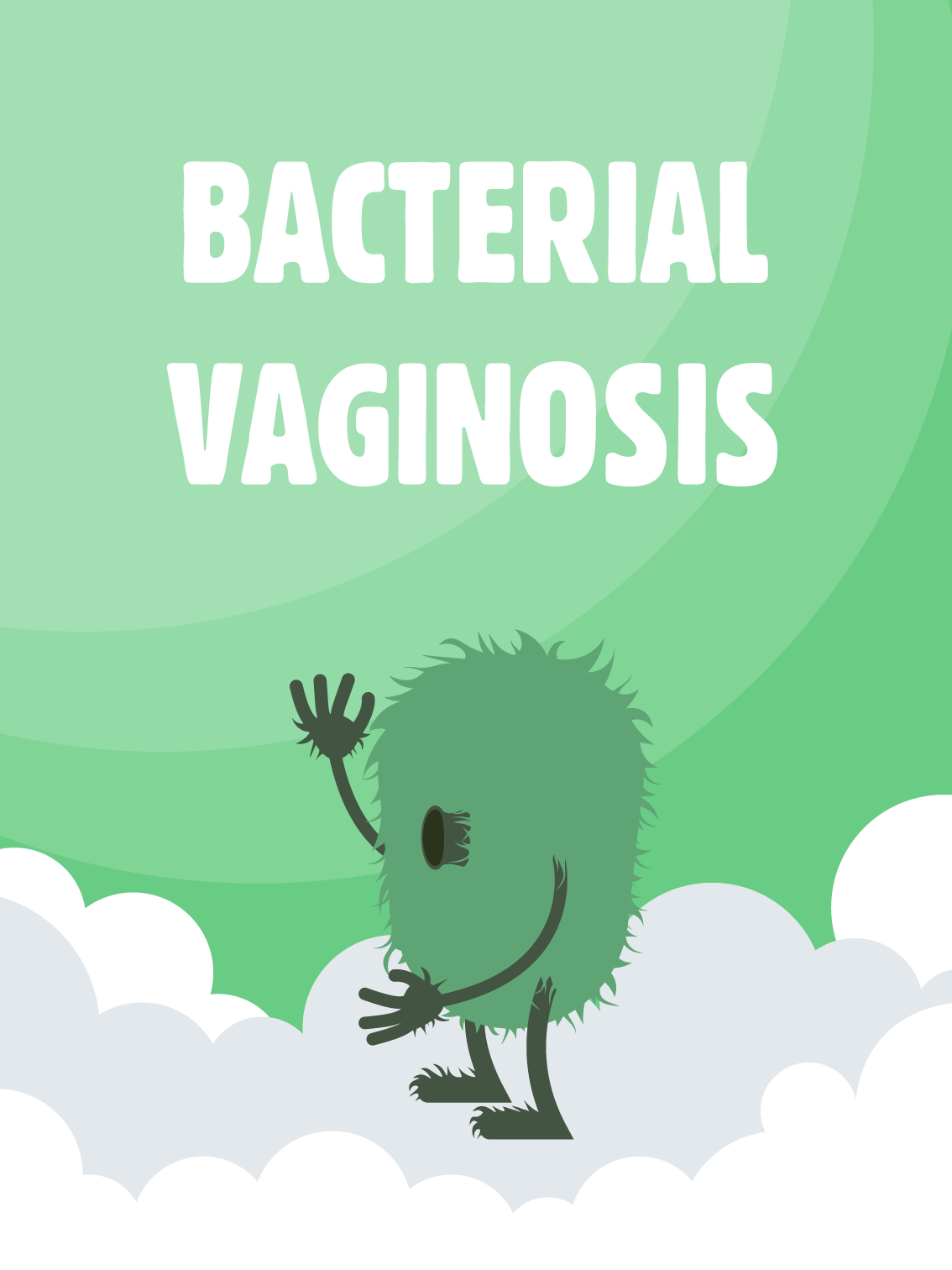SYPHILIS

Syphilis is a sexually transmitted infection (STI) caused by the bacterium Treponema pallidum.
It is most frequently diagnosed in men who have sex with men between the ages of 32 and 44. In Belgium, the number of cases has been rising since the 1990s.
Syphilis is transmitted:
- through sexual contact (vaginal, oral and/or anal). Transmission can also occur through indirect contact (sex toys, sexual caresses).
- direct contact with lesions (chancres* and red patches)
- during pregnancy.
Syphilis can also be transmitted through blood when intravenous drugs are used.
*Raw, painless area that disappears on its own after a few days or weeks.
Syphilis has four stages with specific symptoms. These stages do not necessarily follow one another.
The symptoms of the first phases are :
- appearance of a chancre* on the skin or mucous membranes within 10 to 90 days of infection;
- rashes on the palms of the hands or soles of the feet;
- joint or muscle pain ;
- flu syndrome.
These symptoms disappear on their own after a while, but the infection remains.
When syphilis is left untreated, symptoms related to the consequences of the last stage of syphilis can occur several years after infection.
*Raw, painless area that disappears on its own after a few days or weeks.
If left untreated, individuals infected with syphilis can develop, sometimes years later, a severe form of the infection, which can lead to serious complications such as cardiac and neurological problems, including strokes, loss of coordination, insensitivity, paralysis, loss of vision, or hearing loss. At this stage, syphilis has dramatic health consequences and is associated with a very high mortality rate.
- Blood test ;
- Smear of lesions when present;
- Test for immediate results (TROD).
Treatment of syphilis is based on the administration of antibiotics, usually by injection, and results in a complete cure of the infection. However, this treatment does not protect against re-infection, so it is possible to contract syphilis again after treatment.
To prevent yourself from contracting syphilis, you can :
- use internal or external condoms, latex squares or latex/nitrile gloves.
- use personal, single-use injection equipment.
- use sterile and/or single-use equipment for tattoos and piercings (needles, ink pots)
Condoms reduce the risk of exposure, but do not offer total protection, as syphilis can be transmitted during sexual touching* and oral sex (practices less often protected).
Syphilis chancre and rashes are highly contagious, so avoid contact with the affected areas.
A person who has sexual intercourse while suffering from syphilis lesions runs a greater risk of contracting HIV or another STI.
*mutual masturbation and sexual friction
Regular screening for people with multiple partners: syphilis is easy to treat and of no consequence when diagnosed early.
Sources
Larousse, É. (n. d.). Definitions: chancre - Larousse French Dictionary. https://www.larousse.fr/dictionnaires/francais/chancre/14598#:~:text=Ulc%C3%A9ration%20isol%C3%A9e%20de%20la%20peau,soci%C3%A9t%C3%A9%20%3A%20Le%20chancre%20du%20pessimisme
Syphilis. (s. d.). sciensano.be. https://www.sciensano.be/fr/sujets-sante/syphilis
World Health Organization: WHO & World Health Organization: WHO. (2024, May 21). Syphilis. https://www.who.int/fr/news-room/fact-sheets/detail/syphilis#:~:text=Ampleur%20du%20probl%C3%A8me,la%20syphilis%20dans%20le%20monde
Morris, S. R. (2023, February 8). Syphilis. MSD Manuals for the General Public. https://www.msdmanuals.com/fr/accueil/infections/infections-sexuellement-transmissibles-ist/syphilis?query=syphilis#Sympt%C3%B4mes_v790357_fr

